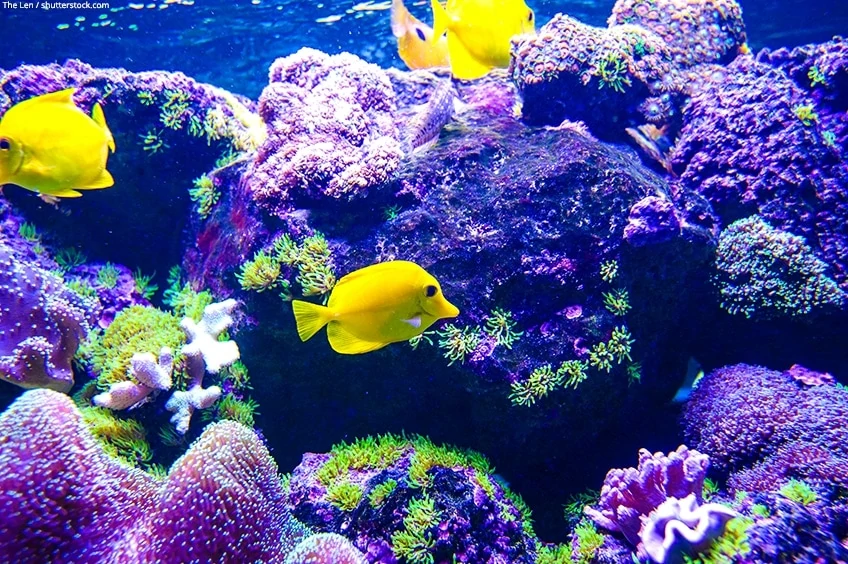Is Resin Aquarium Safe
As a fish lover, you may be considering using resin as a material for your aquarium. But, the question at the forefront of your mind is, "is resin aquarium safe?"
Pain Points of Resin in Aquariums
When considering using resin in your aquarium, there are several concerns to keep in mind. One significant issue is toxicity. Many resins can release harmful chemicals that can harm your fish and aquatic plants. Another concern is durability. Some resins may degrade over time and become a hazard in your aquarium.
Answering the Target: Is Resin Aquarium Safe?
The answer is yes, but only if you use the right type of resin. Epoxy resin is the safest type to use in aquariums. Before using epoxy resin, ensure it is labeled as aquarium-safe. By doing so, you are providing your aquatic pets with a stable and safe environment, preventing harm to your fish, plants, and invertebrates.
Summary of the Main Points
In summary, epoxy resin is the best option for aquariums due to its stability and safety. However, it is essential to ensure that you only use aquarium-safe epoxy resin to avoid toxic chemicals in your aquarium.
Personal Experience with Using Resin in Aquariums
I decided to use an epoxy resin as a coating for my aquarium, and it turned out to be an excellent choice. After a few months of use, the epoxy resin is still holding up well and has not shown any signs of degradation or leaks. My fish and aquatic plants are thriving in their stable and safe environment.

Benefits of Using Resin in Aquariums
Beyond providing a stable and safe environment for your aquatic pets, resin also offers additional advantages. One benefit is resistance to scratches, which is essential when cleaning the aquarium. Another advantage is the water-resistant properties that protect the underlying surface from water damage.

How to Ensure Safety When Using Resin in Aquariums
While epoxy resin is aquarium-safe, it is essential to follow the proper safety measures. Before applying the resin, ensure that you wear protective gear, such as gloves and a respirator, to avoid inhaling any toxic fumes. Additionally, follow the manufacturer's instructions when mixing and applying the resin, and ensure that the tank is entirely dry before adding water and your pets.

Question and Answer
Q: Can I use any resin for my aquarium?
A: It is not recommended to use any resin for your aquarium, as many can release toxic chemicals that can harm your aquatic pets.
Q: How do I choose the right resin for my aquarium?
A: Choose epoxy resin and ensure it is labeled as "aquarium-safe."
Q: Can I add resin to my aquarium after the fish are already inside?
A: No, it is recommended to add the resin before adding water and your fish to ensure a safe and non-toxic environment.
Q: How long will resin last in my aquarium?
A: Epoxy resin can last for years without degrading if properly applied and maintained.
Conclusion
Using resin in your aquarium can be a safe and beneficial choice for both you and your aquatic pets. Choosing the right type of resin and following proper safety measures are essential to ensure a stable and safe environment for your fish, aquatic plants, and invertebrates.
Gallery
Aquarium Safe Epoxy - Learn How To Use Resin For Your Aquarium

Photo Credit by: bing.com / epoxy epoxidharz coarse sprinkling gravel quartz
Aquarium Safe Plastics
Photo Credit by: bing.com / tanks safe aquarium
Aquarium Safe Epoxy Resin 4 Coating Fiberglassing -Salt/Fresh Tanks

Photo Credit by: bing.com /
Aquarium Safe Epoxy - Learn How To Use Resin For Your Aquarium

Photo Credit by: bing.com / resin epoxy
Aquarium Safe Epoxy - Learn How To Use Resin For Your Aquarium

Photo Credit by: bing.com / epoxy resin